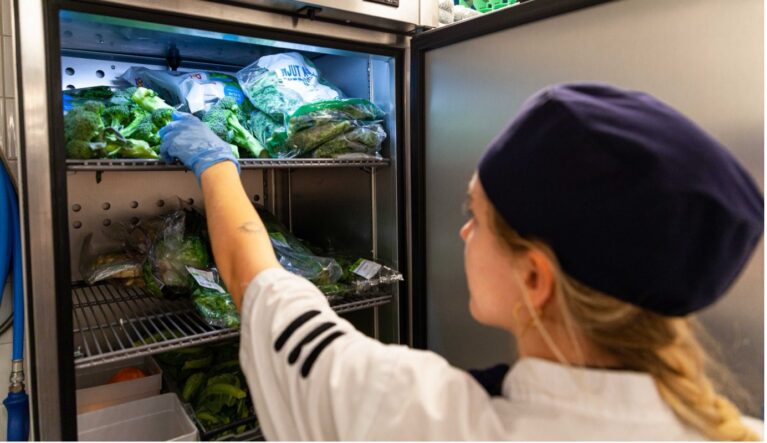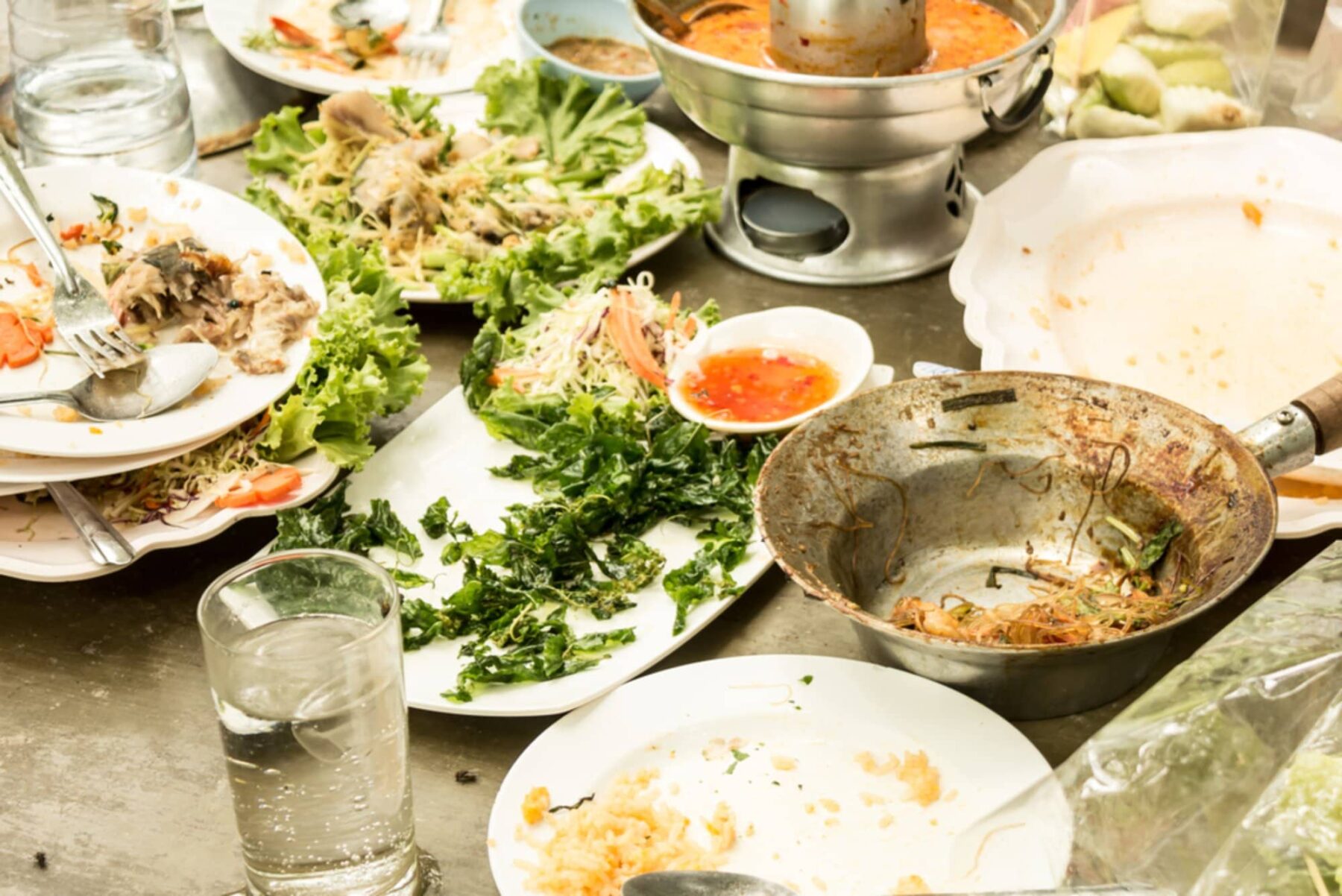Why you should choose True Refrigeration’s upright cabinets


Your waste can usually be divided into two groups – waste that occurred before your food is prepared or consumed and waste that is left after your customers have finished dining. While avoiding over-serving food is the only sure-fire way to avoid the latter, with a bit of careful planning, you can reduce the amount of ingredients you throw away before they hit the plate to a minimum.
Whether your leftover produce goes to a charity redistributor or straight in the bin, not getting to cook all your ingredients can be both a frustration and an expense.
In a busy commercial kitchen, it’s easy to forget about fresh ingredients tucked away in the corner of your refrigerator or storage cabinet, which spoil and need to be thrown away. And almost every chef will have experienced the dreaded ‘weekend special’ that doesn’t sell as well as expected, so the ingredients go to waste. But, with prices increasing and budgets tightening, food businesses need to save money whenever and wherever possible, so reducing food waste makes perfect economic sense.
But there are a few basic rules that everyone should adhere to ensure that your ingredients not only stay fresher for longer, but also remain safe to serve and eat:
Storage – Keeping fresh produce at food-safe temperatures is essential. Most of True’s prep tables, refrigerators and chilled storage cabinets are designed to maintain food-safe temperatures of 0.5°C to 5°C at all times, to keep your ingredients fresher for longer.
Labelling – Labelling every single ingredient you use in your fridge, freezer or dry storage, with both the purchase and expiry date, is essential. Not only does this ensure food safety, it helps you use older food first, before it spoils.
Rotation – If there are items on your menu that you regularly order and serve, ensure that these go to the back or bottom of your stock, so you use the older ingredients up first.
Repurposing – With just a little imagination, today’s main can be tomorrow’s soup. There’s nothing wrong with creating a new dish from the ingredients of the previous day’s specials, providing it’s still in date. Repurposing leftovers is a great way of reducing food waste.
Overstocking – Piling up or overstocking your refrigerator can affect its performance. Although most of True’s products use the latest Hydrocarbon technology, which guarantees to maintain food-safe temperatures at all times, they have to work harder when your fridge is fuller, which can lead to increased energy consumption.
Clean your fridge – Cleaning your refrigerator, making sure the vents are clear and clutter free, will not only keep it working as it should for longer, it will also help it to maintain consistent cold temperatures and keep your ingredients as fresh as they can be.